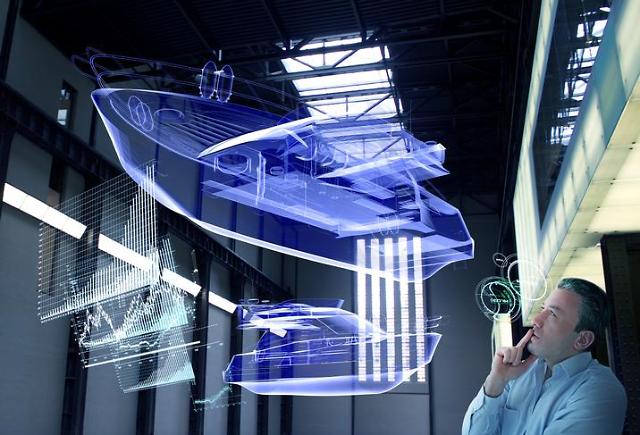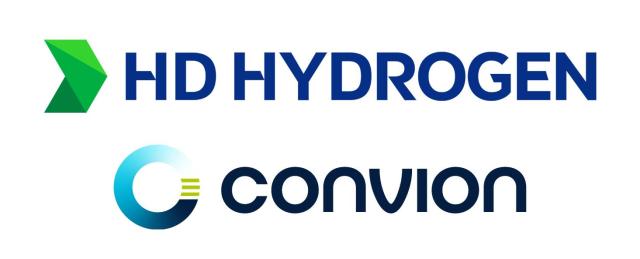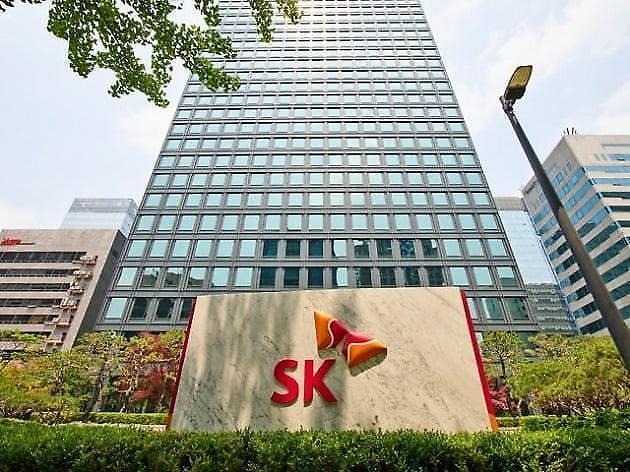
[Gettyimages Bank]
The solid oxide fuel cell (SOFC), an electrochemical conversion device that produces electricity directly from oxidizing fuel, has a wide variety of applications as it ensures high combined heat and power efficiency, long-term stability, fuel flexibility, low emissions and relatively low cost. There are many types of fuel cells, but experts have considered SOFC to hold the greatest potential of any fuel cell technology.
Samsung Heavy Industries (SHI) and Bloom Energy signed a joint development agreement to design and develop fuel cell-powered ships. The two companies said in a joint statement that they would work to present the design to potential customers in 2022.
"By signing this joint development agreement, SHI has a plan to develop eco-friendly ships that will lead the future of the industry," said Jang Hae-ki, vice president of SHI's shipbuilding and drilling sales engineering. "Our goal is to replace all existing main engines and generator engines with these highly efficient solid oxide fuel cells" in response to tightened regulations by the International Maritime Organization (IMO), he said.
The solid oxide fuel cell (SOFC), which is an electrochemical conversion device that produces electricity directly from oxidizing fuel, has a wide variety of applications as it ensures high combined heat and power efficiency, long-term stability, fuel flexibility, low emissions and relatively low cost. There are many types of fuel cells, but experts have considered SOFC to hold the greatest potential of any fuel cell technology.
Bloom Energy, headquartered in San Jose, California, produces solid oxide fuel cells and power generators under a government incentive program for green energy. Instead of precious metals, Bloom Energy's fuel cells use wafers made from sand. As the fuel passes over sand wafers, it mixes with oxygen, creating a chemical reaction that produces electricity.
South Korea is investing heavily to utilize hydrogen fuel cells as a new power source. In September 2019, SK Engineering & Construction, a unit of South Korea's SK Group, signed a joint venture agreement with Bloom Energy to develop and produce SOFC. Doosan Corp. has partnered with Ceres Power of Britain to develop a SOFC power system for commercial buildings.
SHI and other South Korean shipbuilders work hard to develop new technologies such as smart ships and secure a competitive edge in LNG-powered vessels. In May, a shuttle tanker installed with SVESSEL, a smart ship system developed by SHI, was delivered to AET Tankers, a Singapore-based company. It is the world's first smart ship certified by DNV GL, an international accredited registrar and classification society based in Norway, as a shuttle tanker.
Copyright ⓒ Aju Press All rights reserved.


![[CES 2023] HD Hyundais holding company partners with Estonian SOFC manufacturer to develop fuel cells for ships](https://image.ajunews.com/content/image/2023/01/10/20230110141847818896.jpg)

View more comments